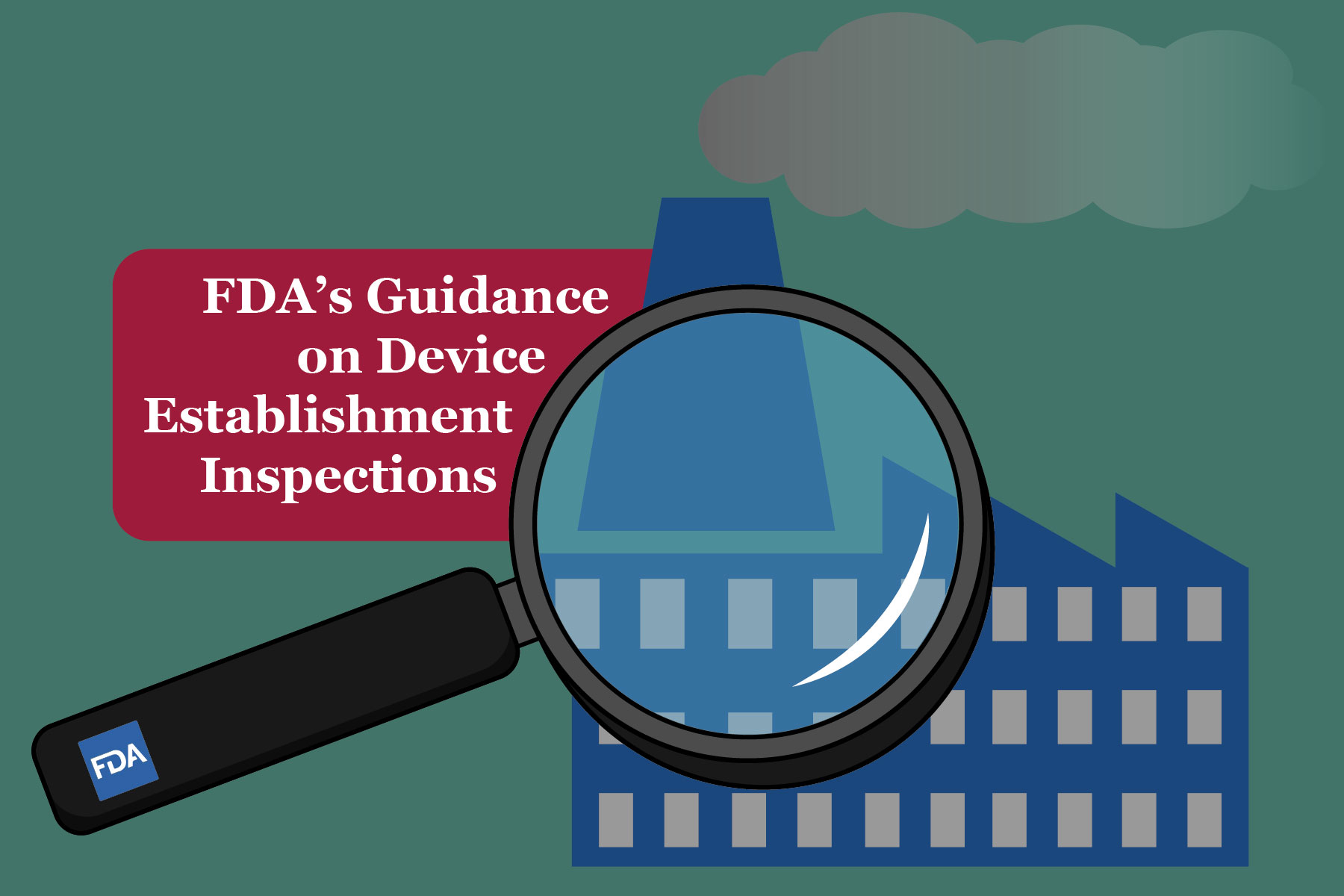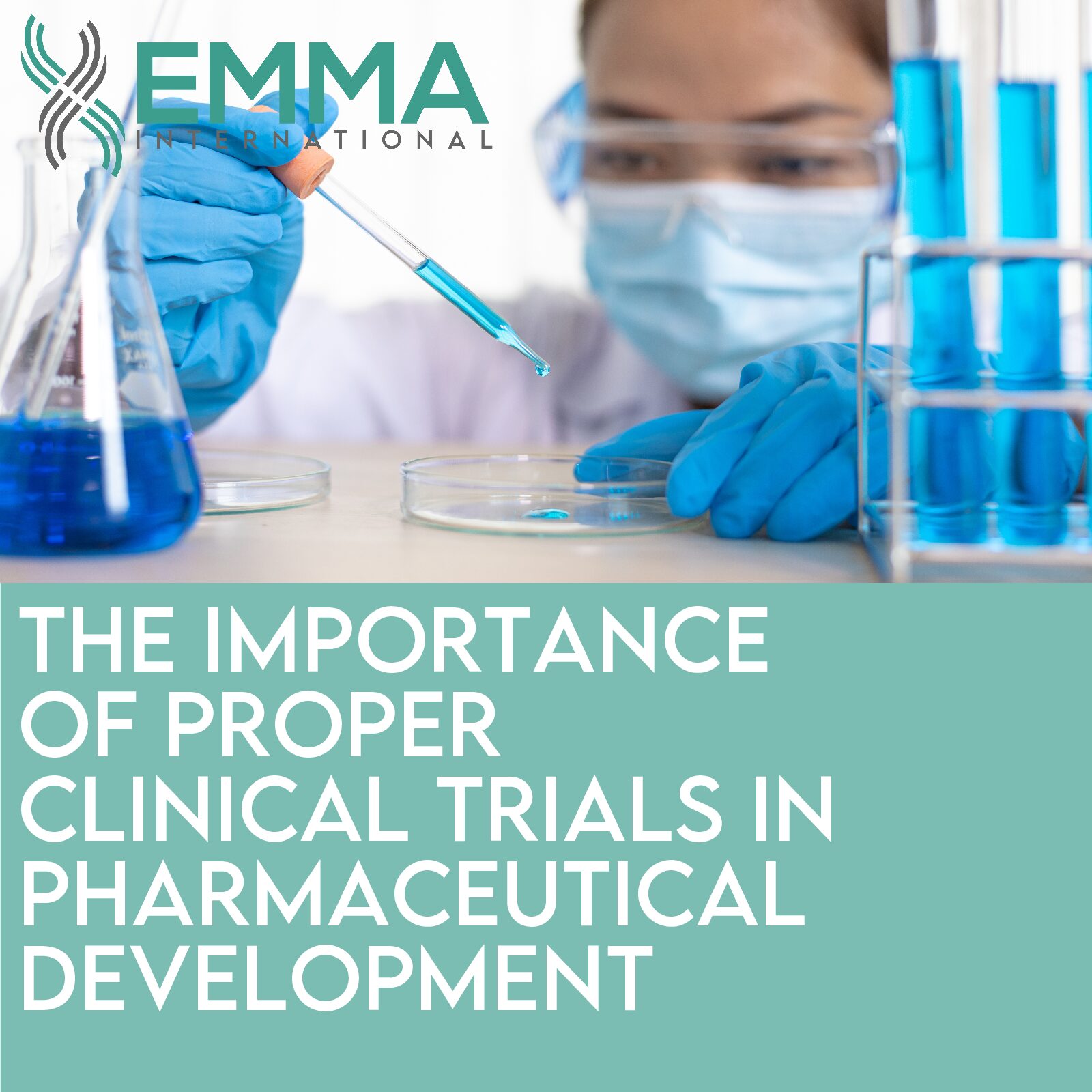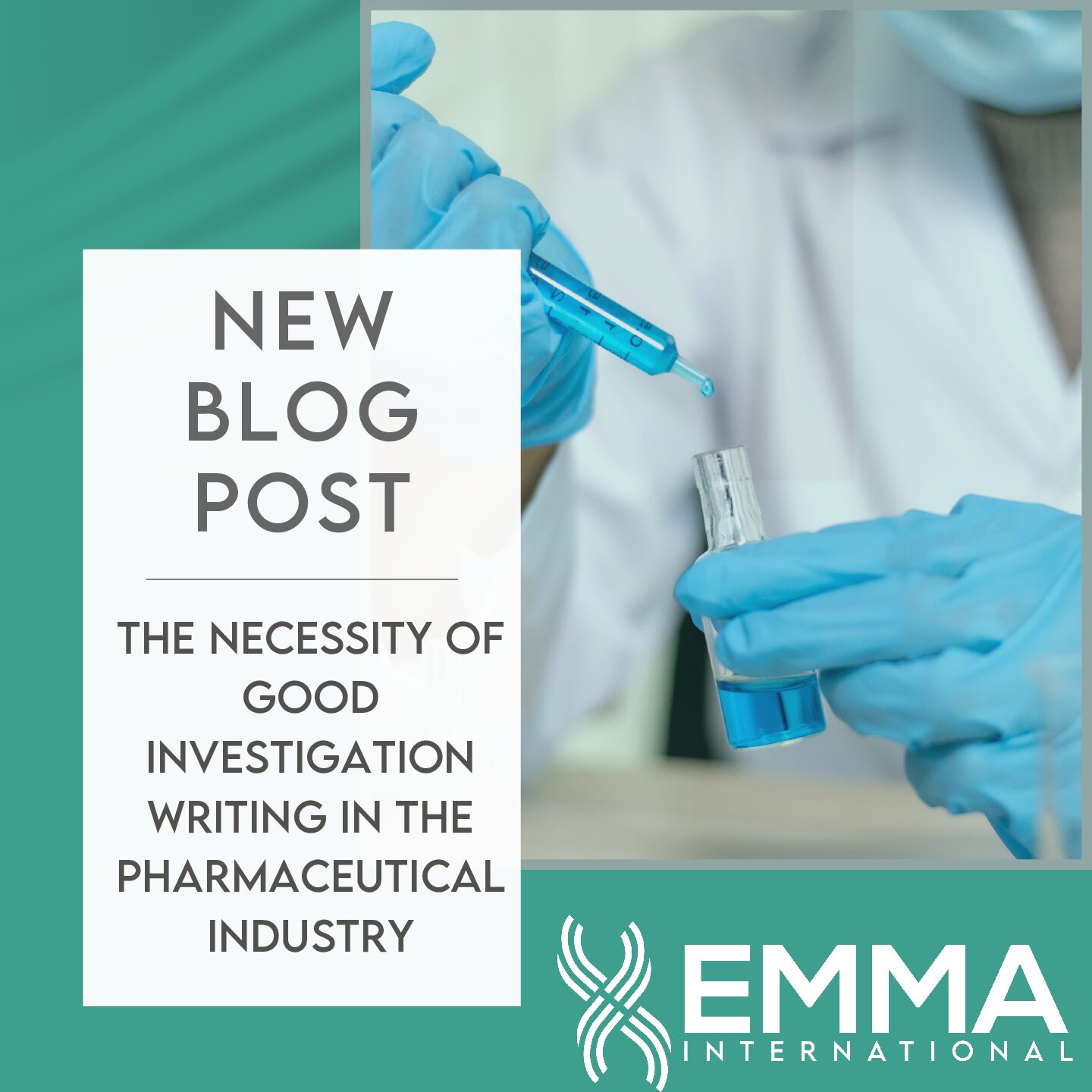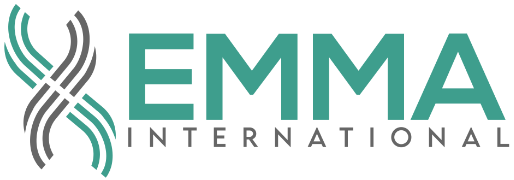Last week, the FDA finalized guidance for medical device establishment inspections, which satisfies a requirement of the FDA Reauthorization Act (FDARA) of 2017. The FDARA was signed into law on August 18, 2017, and amends the Federal Food, Drug, and Cosmetic Act (FD&C Act) to require the FDA to develop several different kinds of informational documents for the industry.1
This latest guidance on inspections for medical device establishments satisfies section 704(h)(1) of the FD&C Act, which is the requirement for the FDA to establish a standard process for inspections. The provision specifies that the FDA should pre-announce inspections within a reasonable timeframe before the inspection, provide a reasonable timeframe for the duration of inspections, and ensure communication with the device establishment. This recently finalized guidance describes how it is complying with and implementing the requirements outlined in section 704(h)(1) of the FD&C Act.
The first section of the guidance details the FDA’s pre-announcement notice and communication. In this section, the agency clarifies that for domestic inspections, the pre-announcement notice will be no less than five calendar days in advance of the inspection; for foreign inspections, it will generally be more than 5 calendar days given the nature of different country entry requirements. For both domestic and foreign inspections, the notification should include information about the type and nature of the inspection (if it is for surveillance or pre-approval), the planned timeframe and duration of the inspection, and advance notice of some records that may be requested during the inspection. The next section of the guidance discusses the standard inspection timeframe, which generally ranges from 3-6 continuous business days. Factors that could impact the duration include the type of inspection being conducted, the complexity of operations, and the nature of observed findings. The final piece of the guidance discusses the agency’s processes on communication during inspections. The guidance states that investigators are expected to maintain regular verbal communication during the inspection about the status of the inspection, including discussing observations, to minimize errors and misunderstandings.2
The requirements from both FDARA and the FD&C Act are intended to continually improve how the agency regulates industries. The guidance released last week is the FDA’s next step in ensuring it complies with these requirements and works to cooperate with, and not just regulate, the medical device industry. EMMA International has successfully helped countless clients through FDA inspections, give us a call at 248-987-4497 or email info@emmainternational.com to see how we can guide you through FDA inspections as well.
1FDA (June 2018) FDA Reauthorization Act of 2017 (FDARA) retrieved on 06/28/2020 from: https://www.fda.gov/regulatory-information/selected-amendments-fdc-act/fda-reauthorization-act-2017-fdara
2FDA (June 2020) Review and Update of Device Establishment Inspections Processes and Standards retrieved on 06/28/2020 from: https://www.fda.gov/media/139466/download







